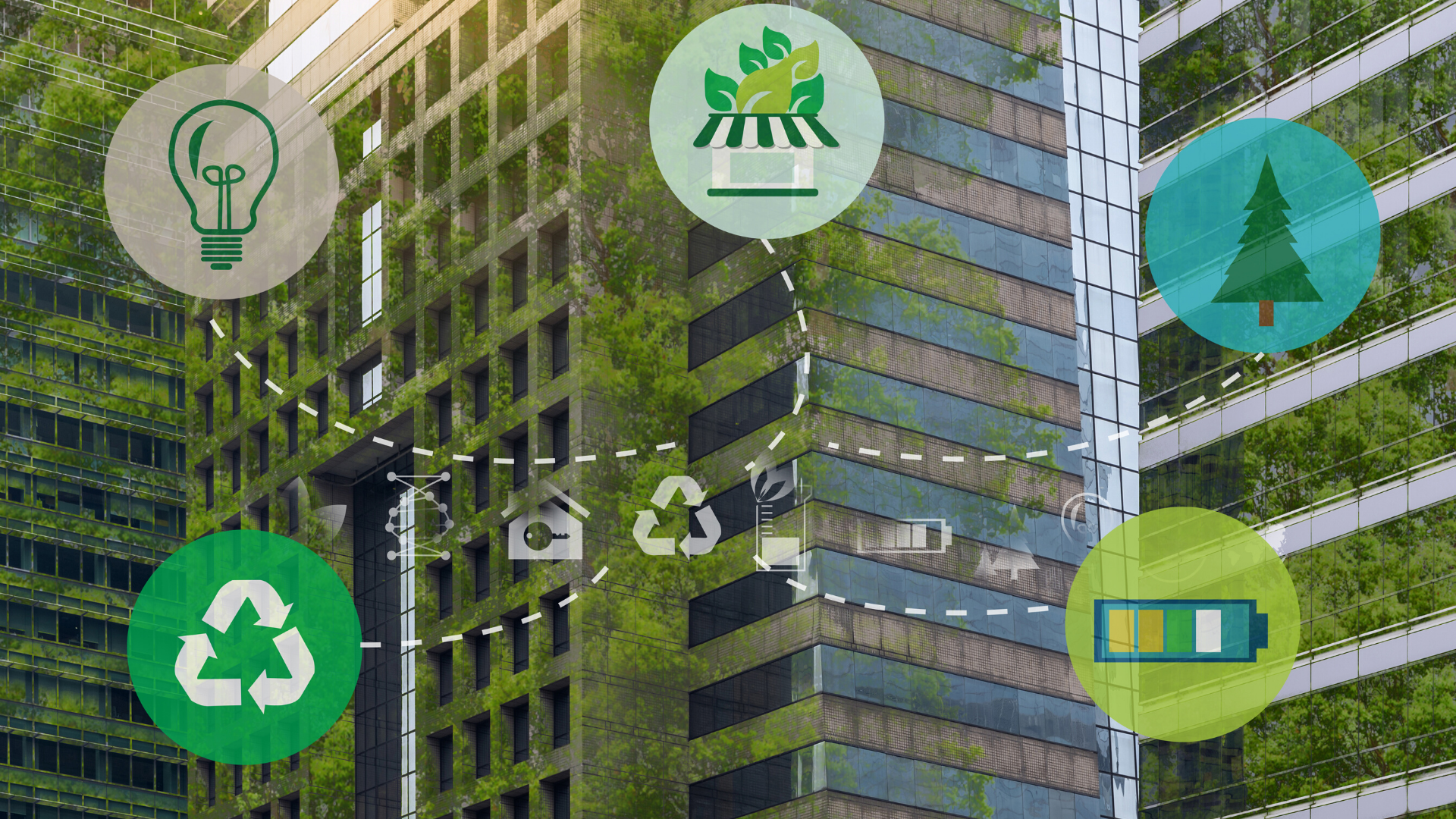Sustainable supply chain services

Driven largely by environmental costs and consumer pressure, the sustainability credentials of a business are ranking increasingly high on the corporate agenda. A significant part of its sustainability relate to supply chain activities. Supply chain sustainability covers many facets under various guises, but can broadly grouped in the three P’s of Planet, People and Profit:
- Planet
Ecological impact of your products’ life cycle including production, transportation, sales and end-of-life management. These are impacted by product design, sourcing decisions, transport networks and routes to market.
- People
Often encompassed under the Corporate Social Responsibility (CSR) banner, this should include the human impact of the extended supply chain. The scope includes fair trading with suppliers, and prevention of modern slavery.
- Profit
The longevity of a business requires consistent profitability throughout changing economic circumstances. As well as a basic surplus of income over expenditure, this demands flexibility and management of risk.
The People and Planet elements will have the greatest potential impact on public perceptions of your business, however profitability is a key health factor.
The individual sustainability elements have varying impacts on individual business and hence the key levers should be identified first. This can take the shape of a strategic review to answer key questions including:
- What is the scope of your supply chain and your sphere of control?
- What are customer and stakeholder expectations and how do you engage with them?
- What are the key sustainability levers for your business?
- How are your business objectives aligned with sustainability targets?
- Which measures and rewards are in place to manage behaviours to support sustainability?
- What are the opportunities to collaborate with suppliers and the wider industry?
This should provide a clear target area for sustainability improvements. These can be designed, implemented and maintained with the aid of specific quantitative analysis. Regardless of the specific area of improvement, general steps would include increasing visibility by implementing targeted performance indicators. This enables us to develop a number of business scenarios and evaluate them against the relevant KPI.
For example our experience in network design, enables us to optimise the use of transport modes and warehouses in order to reduce the carbon footprint, whilst meeting cost and service level criteria. These scenarios can include:
- Use of sea and waterways
- Use of rail
- Use of electric vehicles
- Optimising the fleet mix
- More environmentally sustainable buildings and operations
As demands for less waste, more recycling, lower emissions and sustainable solutions grow we can offer independent advice on how you can improve your operations. Supply Chains will always have an environmental impact, but this impact can be reduced. There is a happy convenience that efficiency gains usually have an environmental benefit. The first imperative is always to be as efficient and effective as possible. A significant part of the value of a business is its ability to generate future profits. Demonstrating that your business is sustainable and profitable will enhance that value.
Logistics UK Supply Chain Consultancy can help you identify and evaluate all sustainability options using our unique tools and help you chart a path to the future.
To organise a free discussion with one of our consultants, please get in touch:
Get in touch